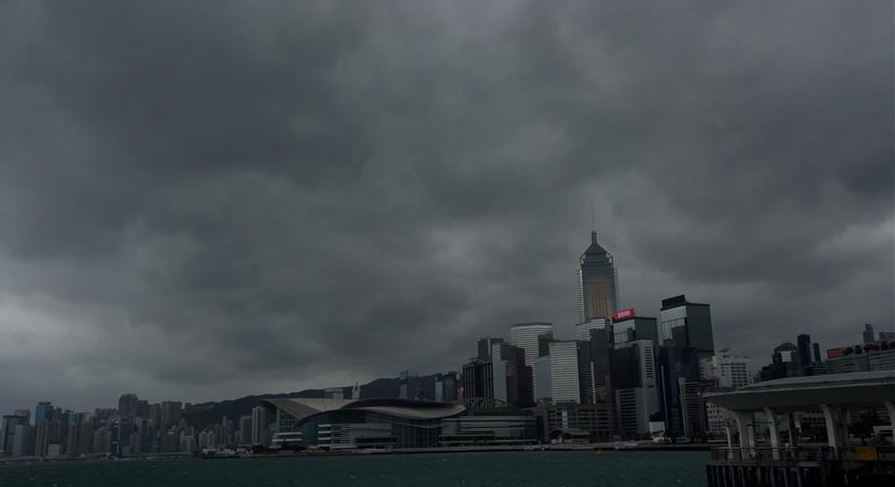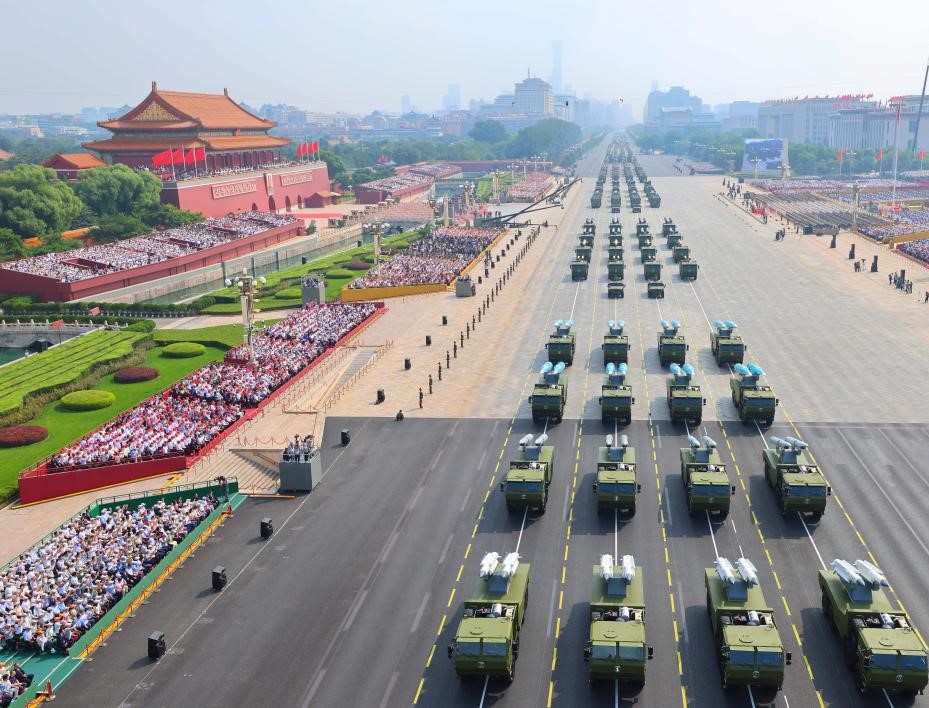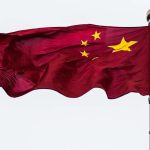The results speak for themselves. As Carmen Lau, an exiled former Hong Kong district councilor commented, “The decline of the turnout rate exactly mirrors the deterioration of Hong Kong’s democracy...reports Asian Lite News
Within the span of just four forlorn years, Hong Kong went from its highest-ever voter turnout to its lowest ever in local district elections. In 2019, 71.2 per cent of the population turned out – mostly to vote for pro-democracy candidates and thereby slamming government arguments that only a “noisy minority” was protesting – whereas the participation rate plummeted to 27.54 per cent in elections held on 10 December 2023.
The results speak for themselves. As Carmen Lau, an exiled former Hong Kong district councilor commented, “The decline of the turnout rate exactly mirrors the deterioration of Hong Kong’s democracy.” Voter turnout has typically bounced between 30 per cent and 45 per cent over the past 40 years, but for public involvement to shrink by a factor of more than 2.5 in just four years is simply unprecedented. This year, the Chinese Communist Party (CCP)-controlled government slashed democratic representation to just 20 per cent, and even then candidates were pre-vetted to ensure they were “patriots”. Furthermore, opposition was barred, constituencies were redrawn and most councillors were chosen by the city’s leader or government- appointed committees.
As Nathan Ruser of the Australian Strategic Policy Institute pointed out, “Over 1.2 million Hong Kongers marched on the street against Beijing’s rule multiple times during the 2019 mass protests. [That is] more Hong Kongers than who voted in this ‘patriots-only’ election. Even in a ‘quiet’ Hong Kong, Beijing’s imposed dictatorship is immensely unpopular.” Turnout on 10 December was 1.19 million voters. Remember too that civil servants were “urged” to vote by the likes of Chief Secretary Eric Chan, which amounted to 170,000+ likely participants for starters. Voters received a “thank you” card from the government, leading many to fear they would be forced to show these to employers to prove that they did in fact vote. After going from a vibrant and relatively free society, to essentially a police state where any dissent against the Hong Kong or Chinese government is harshly punished, the populace now has few ways to express itself. Refusing to vote is one of them. Another method is to use extreme sarcasm to parrot empty government promises or slogans. For example, the government described the election as “very successful”. Cynical Hong Kongers concurred online with comments such as: “Yeah, the most successful election in the universe!” They pointed out that the success stemmed from the fact that this election held the record for the lowest participation rate ever. Ironically, the electronic computer system experienced a glitch on election day, causing voting hours to be extended by 1.5 hours till midnight. Despite the extra time, people showed little desire to vote for the 20 per cent of seats actually being contested.
The other 80 per cent were all selected by the authorities or government-appointed committees. In such a one-sided system, one wonders what difference there is from elections in China’s or North Korea’s single-party states. This was the first district council election held under a severely overhauled system that stacked the deck completely in the government’s favor. The system was drastically changed in May after the 2019 election gave the pro-democracy faction a landslide, but ultimately meaningless, victory. It was rendered meaningless because China implemented the National Security Law on 30 June 2020 that suppressed free speech and turned pro-democracy figures and activists into wanted criminals or exiles overseas. Justice David Lok, Chairman of the Electoral Affairs Commission, said it was inappropriate to compare this year’s participation rate with that of 2019. He said the composition, voter base and voting system were all different. True enough, but that is because the government singlehandedly changed all these things to create an absurd, closed-circle electoral system.
The police were on high alert on election day, with 10,000 officers on the streets. They arrested several over alleged calls encouraging people to cast invalid ballots. Three members of the League of Social Democrats were also arrested ahead of a planned protest outside a polling station. Another person, 77-year-old Koo Sze-yiu, was arrested on 8 December for having the intent to protest. He was charged with “attempting to do or making any preparation to do an act or acts with seditious intention”. It is stunning how Hong Kong has developed into a dystopian form of the Minority Report, where people can be summarily arrested before committing a supposed crime. If the police discern the faintest hint of dissent, it jumps into action before anything is actually done.
ALSO READ-BEIJING’S BOUNTY THREAT: Britain Urged to Withdraw Judges From Hong Kong














